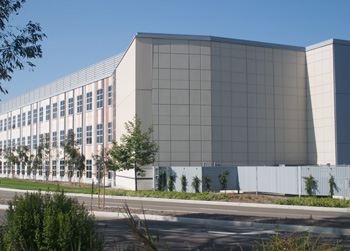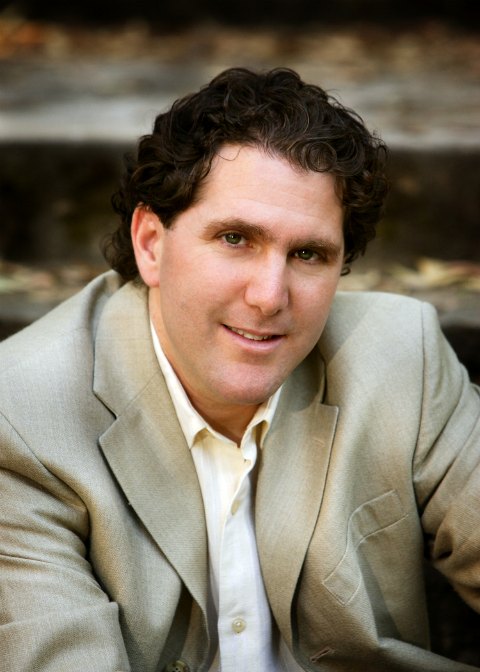Sounds of the Universe
A Musical Perspective

It is common to hear it said that music is universal. But how often do people claim that the universe is music?
“We are a musical species because we live in a musical universe,” according to composer and musicologist Nolan Gasser, the architect of Pandora Radio’s Music Genome Project, who spent the better part of February in Santa Barbara. In the four lectures he delivered at UCSB, Gasser deconstructed music into its physical, historical, and cultural fragments.

Or perhaps it is better suited to his theories to say that Gasser deconstructed the universe into its musical properties. Although “sonification” and “musicification” are terms not commonly bandied about, every kinetic minutia of the universe possesses these audible potentials.
To musicify energy at the atomic level, Gasser shared the sonic experience of an electron with his audience. UCSB’s Allosphere provided the visualization of an electron’s movement as it bound about its probability cloud (the area surrounding an atom where an electron is most likely to be found). The imaging, much like an iTunes visualizer, was accompanied by the harmonic hum of the vibrating electron’s oscillation. Music, said Gasser, is “malleable and able to be transformed in so many ways.”
Another sonified wavelength that Gasser borrowed from the Allosphere was the static snapshot of a thought. A musical rumbling sounded out the vibrations of brain wave frequencies.
Gasser’s tentative title for his upcoming book, Music, Science, the Art of Living, the Power of Music, suggests that his primary concern is the relationship between physics and music. In his highly conceptual lectures, however, he addressed the holistic relationship between two worlds, if you will: that of music and that of the universe. He said the two are “already working in concert together.”
During an educational concert, Gasser stayed fairly well grounded on the planet Earth. He described jazz as the historical meeting of European and African musical traditions. The concert progressed from basic European melodies and African beats to their stylistic blends, ragtime and jazz. During the jazz concert, Gasser discussed musical anthropology. Songs have been used to tell stories, he said, because melodies are a great way to remember stories.
On a personal level, musical understanding plays a major role in Gasser’s intellectual development. “It is one way of conceiving how the universe works,” he said, “and it’s something that everyone can wrap their heads around.”
Worldwide (not to mention universally) music is culturally ingrained, Gasser noted, and musical instruments reflect technological advancements. For example, the Asian bilophone utilized gourds for resonance and, over the course of 400 years, that same concept evolved into resonant tubes in xylophones.
Put it all together, and you can easily see Gasser’s point that music education today is undervalued. He aspires to change that. “Music is elemental,” he said, “and should be obligatory . . .With the power of music, you have the ability to be transformed,” said Gasser, to whom music is a language that gives its speaker a more intuitive sense of the world.



